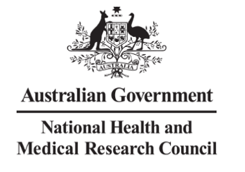
PREDICT
The Centre for Rehab Innovations (CRI) is working in partnership with our collaborators at the University of Gothenburg on one of the world’s best patient datasets to find out why some patients experience cognitive decline after stroke.
A stroke can turn your world upside down. For many, it can cause physical, cognitive, mental and emotional challenges that can be ongoing. Stroke and stroke recovery are highly variable between people, and long term follow up data can be difficult to access or altogether absent.
To address these challenges, the CRI team has partnered with long-term collaborators at the University of Gothenburg to access selected Swedish patient registries – some of the most comprehensive and best characterised sources of patient data in the world. The team applies modern epidemiological techniques and cutting edge machine learning processes to analyse this large data set with the goal to understand what combination of factors, including lifestyle and medications, might improve or impede stroke recovery.
This project has been funded by the NHMRC (APP2002882 – Using a national level multi-registry analysis to determine whether prescribed anti-platelet therapies post-stroke can modify the risk of cognitive decline or dementia)




